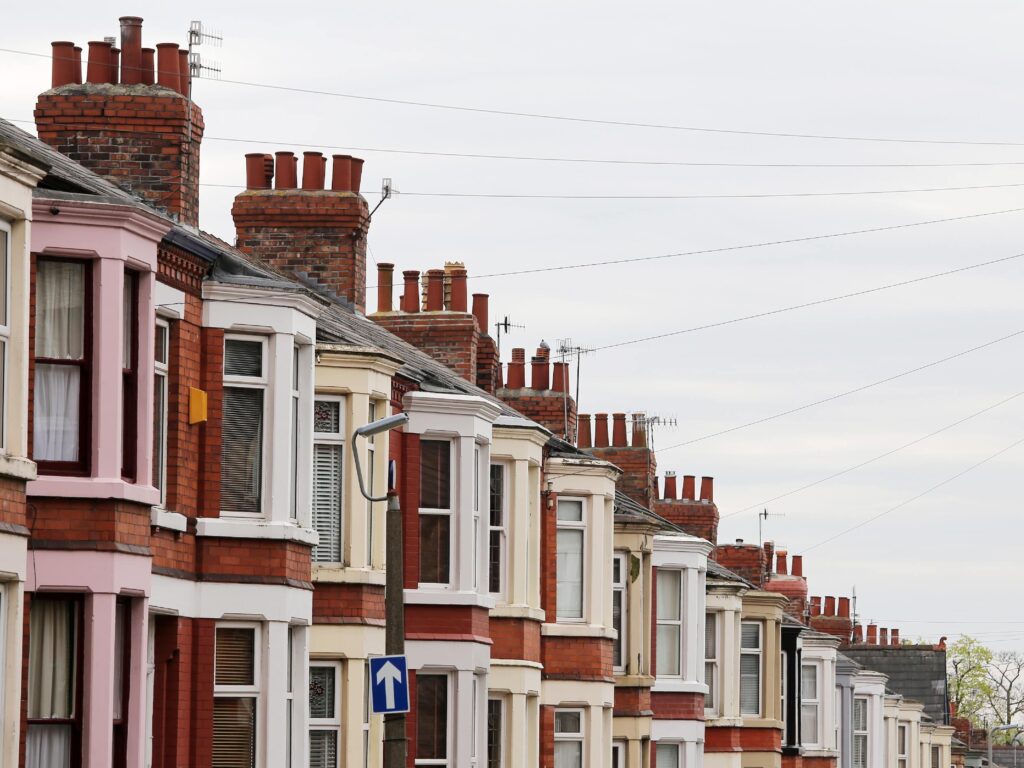It’s been a turbulent year and with so much change and uncertainty in so many areas of our lives, it may have been tough for you to keep up with how the property market has been performing.
Here, we’re looking back on the property market in 2020 and will be looking ahead to what could be in store in 2021…
The UK property market in 2020
With the property market continuing to perform well despite uncertainty caused by Brexit since the 2016 EU referendum, the emergence of coronavirus early in 2020 quickly put the brakes on an active spring of buying, selling and renting.
January – February
In December 2019, Rightmove reported 0.8% price growth for 2019 after a year of uncertainty caused by Brexit and the first December General Election since 1923.
However, with the Conservative Party gaining a healthy majority at the polls along with pledges to ‘Get Brexit Done’, Rightmove reported the biggest price rise of property coming to market in January ever at 2.3%.
The portal also revealed there had been 1.3million buyer enquiries since the election, hinting at an active spring.
By February, news reports on the new coronavirus were increasing, but demand remained strong, with sales agreed 12.3% higher than the same time in 2019.
March – April
As we entered March, fears about the impact of the Covid-19 virus were increasing.
But with sales agreed up 17.8%, the highest March figure since 2016, and properties selling 6% faster than in 2019, the property market remained buoyant.
However, when the UK went into lockdown on March 23, the market was abruptly stopped in its tracks, with agents like Whitegates focusing on completing sales that had already been agreed and supporting customers through video calls and online guidance.
April remained static as the lockdown continued.
May – September
After seven weeks of lockdown, the property market was given permission to reopen on May 13.
Pent-up demand from those wanting to buy and sell was immediate, with Rightmove reporting 5.2million visits on May 13 alone.
New sales listings, meanwhile, increased by 111% on the previous week as returning momentum and a post-lockdown desire for change from both buyers and sellers fuelled the market’s bounce-back.
In June and July, Rightmove reported price growth of 1.9% and 2.4% compared with pre-lockdown statistics in March, with the July rise labelled a ‘record high’.
July’s annual growth of 3.7% was the largest increase since 2016, while the announcement of changes to stamp duty rates until March 2021 was a huge boost for buyers and landlords looking to expand their portfolios.
In August, traditionally a quieter month due to summer holidays, the highest number of sales agreed in a month for 10 years was confirmed as a record £37billion in property changed hands in just four weeks.
And as buyer demand for more space intensified in September, the average sale price for three and four-bedroom properties in the UK hit £291,618.
October – November
Prices in October continued to rise, with annual growth of 5.5%, according to Rightmove – the biggest increase for more than four years.
However, the portal also confirmed market activity was beginning to slow after a record-breaking September.
By November, Rightmove was predicting annual price growth of 7% by the end of December.
Looking forward: Coronavirus and the property market
With the first Covid-19 vaccinations taking place across the UK, the hope is the property market is through the worst of the pandemic.
However, predictions on 2021 price growth remain largely cautionary.
PriceWaterhouseCoopers (PwC) predicts a 7% fall in prices in the event of a third Covid-19 wave, but suggests a 1% rise in prices is more likely.
The Office for Budget Responsibility, meanwhile, suggests 4% price growth by December 2021 after a short period of ‘stabilisation’ during the first two quarters of the year.
Is the housing market going to crash in 2021?
There are still plenty of solid incentives to buy in 2021.
Cuts to stamp duty remain in place until at least March 31, 2021, meaning buyers can save as much as £15,000.
And with interest rates remaining at record lows, borrowing remains affordable, too, while first-time buyers will continue to have access to the Help to Buy scheme.
Will 2021 be a good year to buy a home?
Thanks to the stamp duty ‘holiday’, low interest rates and Help to Buy in place, 2021 could be a great year to buy if you’re a first-time buyer.
And if you’re thinking of selling, getting your property on the market early in 2021 will be key if you want to attract keen buyers looking to save on stamp duty before the end of March.
Get an instant online valuation of your home and contact your local Whitegates branch and we’ll help get you moving.




